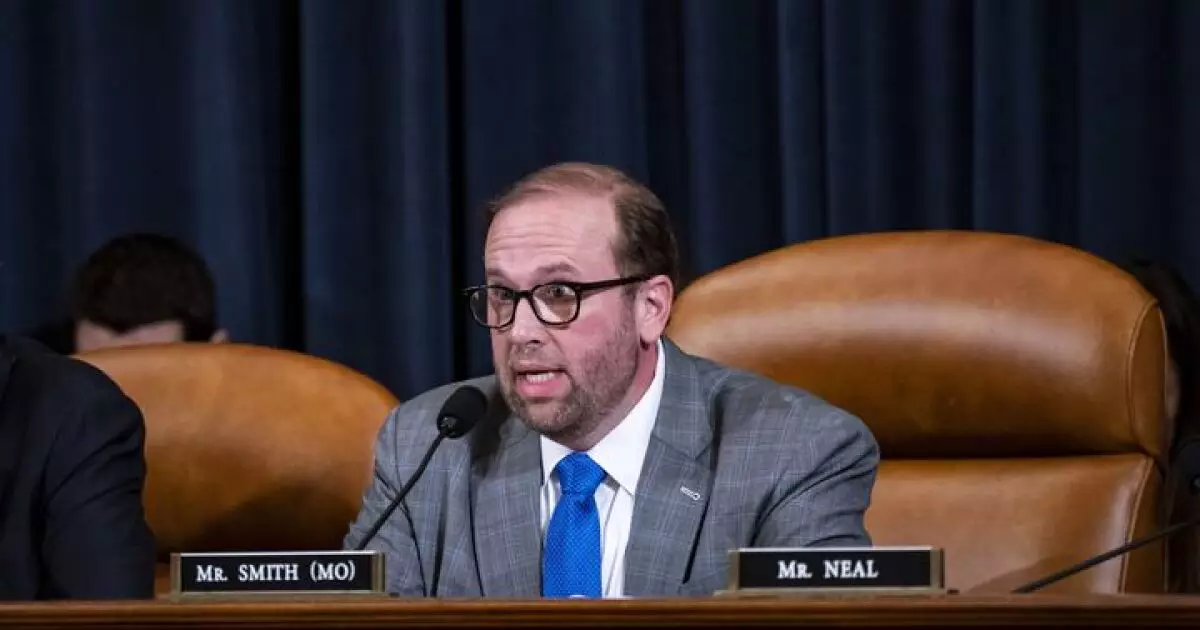Municipal bonds have traditionally been viewed as a safe and tax-advantaged investment tool for municipalities seeking to raise capital for various public projects. These bonds have provided essential funding for schools, roads, hospitals, and infrastructure improvements across the United States, thereby playing a pivotal role in local economies. However, the prospect of significant changes to the existence or benefits of tax-exempt bonds is raising alarms within the municipal finance community. Recent discussions within the House Ways and Means Committee suggest that these cherished financial instruments could be on the chopping block as part of broader fiscal changes aimed at raising revenue.
Proposed Changes: What’s on the Table?
A 51-page document outlining a range of potential cuts and reforms hints at the possibility of fully eliminating tax-exempt bonds. This idea amounts to a fundamental shift that could drastically impact municipalities’ ability to finance projects cheaply. The elimination of tax-exempt status would mean that interest earned on such bonds would become taxable, which could deter investors and hence drive up borrowing costs for local governments. According to estimates, this policy shift could yield around $250 billion in savings over a decade. Such figures imply an urgent need to balance the federal budget but raise questions about the broader consequences.
Additionally, the document also discusses plans to revoke the nonprofit status of hospitals. This proposed change could generate a staggering $260 billion in savings over ten years, drawing a significant portion of funds generated from the robust 501(c)(3) healthcare sector into the federal treasury instead of enabling various community health initiatives. Clearly, this is not just an issue for bond dealers; it touches on health care financing that impacts millions of families across the nation.
In response to these alarming proposals, advocates in the municipal finance sector, such as the Bond Dealers of America (BDA) and the Government Finance Officers Association (GFOA), are ramping up their advocacy efforts. “This is why we continue to advocate and educate on the Hill,” stated Brett Bolton, a notable figure in the BDA. The concern lies not only in the immediate financial ramifications but also in the long-term implications for public projects that rely on accessible, cost-effective financing.
The BDA and other lobbyists have initiated a series of engagements, referred to as “fly-ins,” with lawmakers in order to voice their concerns. These interactions are crucial as the advocacy groups aim not just to retain tax exemptions for municipal bonds, but to clarify the integral role these financial instruments play in sustaining public welfare across the nation.
The conversation surrounding the elimination or modification of tax exemptions is part of a larger dialogue regarding fiscal responsibility and government spending. While the intent to reduce the national deficit is a valid concern, sacrificing local financial stability in exchange for short-term savings could have dire consequences for infrastructure, education, and public health—areas already under strain from past funding cuts. Such potential revisions challenge the role of local governments and may necessitate increased borrowing, introducing a cycle of debt that could ultimately undermine fiscal health at multiple tiers of government.
Moreover, altering the state and local tax deduction, which remains a lifeline for many individuals and businesses, poses additional risks. The suggested elimination of the deduction could generate an estimated $1 trillion in savings but at the potential cost of local economic development and investment.
The discussions circulating within the House Ways and Means Committee are pivotal, and the outcomes will undoubtedly shape both the short and long-term landscape of municipal finance. As the BDA and other stakeholders continue their advocacy efforts, the emphasis must remain on preserving the vital tax exemptions that allow municipalities to thrive and serve their communities effectively. The proposed changes warrant serious examination, not merely for their fiscal implications but for their role in shaping the future of public investment and community development. In the face of potential upheaval, it is more critical than ever to protect these essential financial tools that enable our cities and towns to grow and prosper.

